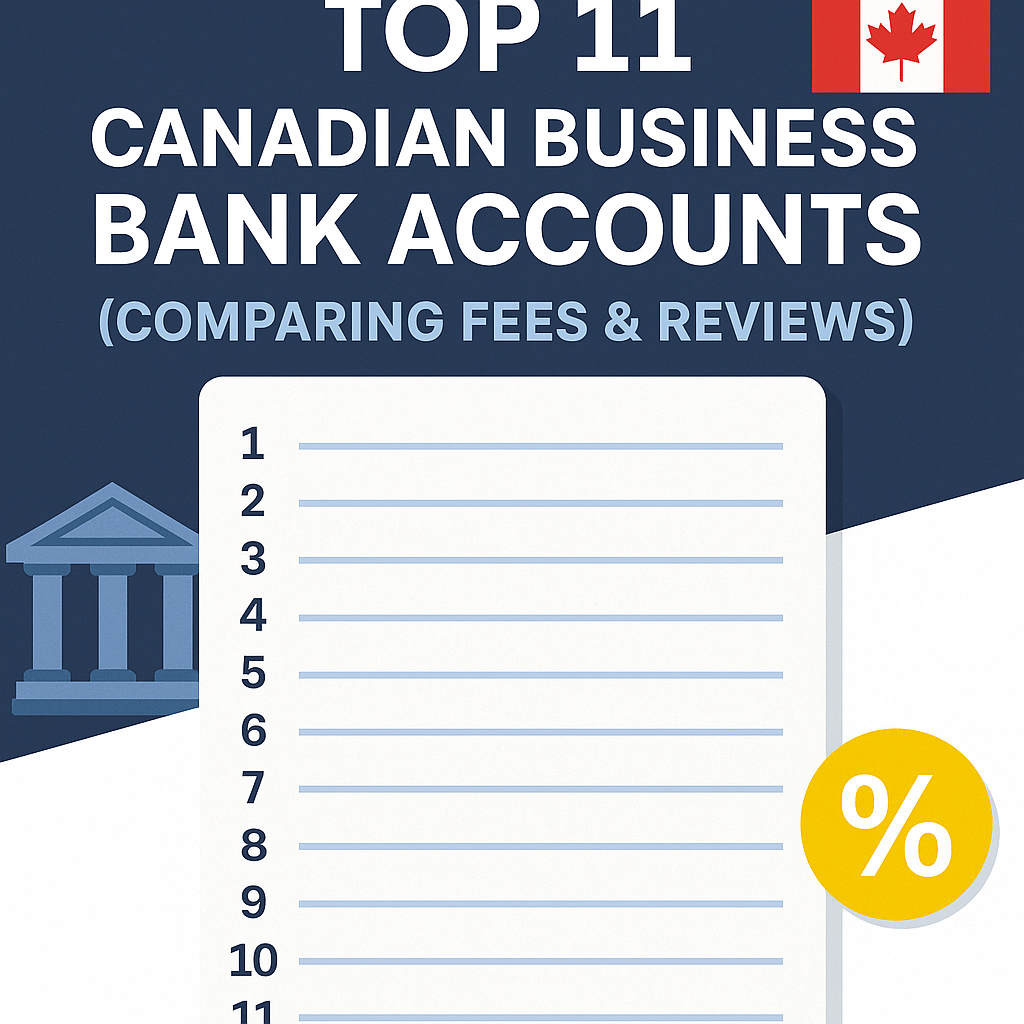GOOGLE ADS MANAGEMENT
ALL SERVICES- GRAPHIC DESIGN & BRANDING
➥ WEBSITE DESIGN TORONTO
➥ TORONTO LOGO DESIGN
➥ BROCHURE GRAPHIC DESIGN
➥ INFOGRAPHIC DESIGN
➥ BUSINESS CARD DESIGN
➥ PACKAGE DESIGN TORONTO
➥ ILLUSTRATION DESIGN
➥ ADVERTISING POSTER DESIGN
➥ BRANDING STRATEGY & SERVICES- ➤ VIEW ALL SERVICES
WEB DEVELOPMENT & SUPPORT
➥ CUSTOM WEB DESIGN TORONTO
➥ ECOMMERCE WEBSITE DESIGN TORONTO
➥ WEBSITE MAINTENANCE SERVICES
➥ SHOPIFY WEBSITE DESIGN
➥ SHOPIFY EXPERTS TORONTO
➥ WORDPRESS DEVELOPMENT
➥ WORDPRESS MAINTENANCE- ➤ VIEW ALL SERVICES
WEBSITE MARKETING & CONTENT
➥ SEO PACKAGES TORONTO
➥ TORONTO SOCIAL MEDIA AGENCY
➥ CONTENT MARKETING TORONTO
➥ PPC MANAGEMENT TORONTO
➥ AFFILIATE MARKETING CANADA
➥ STRATEGIC CONSULTATION- ➤ VIEW ALL SERVICES
ABOUT
RESOURCES- LET’S CHAT
Questions? Call us at
647-348-4995

GOOGLE ADS MANAGEMENT
ALL SERVICES- GRAPHIC DESIGN & BRANDING
➥ WEBSITE DESIGN TORONTO
➥ TORONTO LOGO DESIGN
➥ BROCHURE GRAPHIC DESIGN
➥ INFOGRAPHIC DESIGN
➥ BUSINESS CARD DESIGN
➥ PACKAGE DESIGN TORONTO
➥ ILLUSTRATION DESIGN
➥ ADVERTISING POSTER DESIGN
➥ BRANDING STRATEGY & SERVICES- ➤ VIEW ALL SERVICES
WEB DEVELOPMENT & SUPPORT
➥ CUSTOM WEB DESIGN TORONTO
➥ ECOMMERCE WEBSITE DESIGN TORONTO
➥ WEBSITE MAINTENANCE SERVICES
➥ SHOPIFY WEBSITE DESIGN
➥ SHOPIFY EXPERTS TORONTO
➥ WORDPRESS DEVELOPMENT
➥ WORDPRESS MAINTENANCE- ➤ VIEW ALL SERVICES
WEBSITE MARKETING & CONTENT
➥ SEO PACKAGES TORONTO
➥ TORONTO SOCIAL MEDIA AGENCY
➥ CONTENT MARKETING TORONTO
➥ PPC MANAGEMENT TORONTO
➥ AFFILIATE MARKETING CANADA
➥ STRATEGIC CONSULTATION- ➤ VIEW ALL SERVICES
ABOUT
RESOURCES- LET’S CHAT
Questions? Call us at
647-348-4995

GOOGLE ADS MANAGEMENT
ALL SERVICES- GRAPHIC DESIGN & BRANDING
➥ WEBSITE DESIGN TORONTO
➥ TORONTO LOGO DESIGN
➥ BROCHURE GRAPHIC DESIGN
➥ INFOGRAPHIC DESIGN
➥ BUSINESS CARD DESIGN
➥ PACKAGE DESIGN TORONTO
➥ ILLUSTRATION DESIGN
➥ ADVERTISING POSTER DESIGN
➥ BRANDING STRATEGY & SERVICES- ➤ VIEW ALL SERVICES
WEB DEVELOPMENT & SUPPORT
➥ CUSTOM WEB DESIGN TORONTO
➥ ECOMMERCE WEBSITE DESIGN TORONTO
➥ WEBSITE MAINTENANCE SERVICES
➥ SHOPIFY WEBSITE DESIGN
➥ SHOPIFY EXPERTS TORONTO
➥ WORDPRESS DEVELOPMENT
➥ WORDPRESS MAINTENANCE- ➤ VIEW ALL SERVICES
WEBSITE MARKETING & CONTENT
➥ SEO PACKAGES TORONTO
➥ TORONTO SOCIAL MEDIA AGENCY
➥ CONTENT MARKETING TORONTO
➥ PPC MANAGEMENT TORONTO
➥ AFFILIATE MARKETING CANADA
➥ STRATEGIC CONSULTATION- ➤ VIEW ALL SERVICES
ABOUT
RESOURCES- LET’S CHAT
Questions? Call us at
647-348-4995

GOOGLE ADS MANAGEMENT
ALL SERVICES- GRAPHIC DESIGN & BRANDING
➥ WEBSITE DESIGN TORONTO
➥ TORONTO LOGO DESIGN
➥ BROCHURE GRAPHIC DESIGN
➥ INFOGRAPHIC DESIGN
➥ BUSINESS CARD DESIGN
➥ PACKAGE DESIGN TORONTO
➥ ILLUSTRATION DESIGN
➥ ADVERTISING POSTER DESIGN
➥ BRANDING STRATEGY & SERVICES- ➤ VIEW ALL SERVICES
WEB DEVELOPMENT & SUPPORT
➥ CUSTOM WEB DESIGN TORONTO
➥ ECOMMERCE WEBSITE DESIGN TORONTO
➥ WEBSITE MAINTENANCE SERVICES
➥ SHOPIFY WEBSITE DESIGN
➥ SHOPIFY EXPERTS TORONTO
➥ WORDPRESS DEVELOPMENT
➥ WORDPRESS MAINTENANCE- ➤ VIEW ALL SERVICES
WEBSITE MARKETING & CONTENT
➥ SEO PACKAGES TORONTO
➥ TORONTO SOCIAL MEDIA AGENCY
➥ CONTENT MARKETING TORONTO
➥ PPC MANAGEMENT TORONTO
➥ AFFILIATE MARKETING CANADA
➥ STRATEGIC CONSULTATION- ➤ VIEW ALL SERVICES
ABOUT
RESOURCES- LET’S CHAT
Questions? Call us at
647-348-4995
![]()
![]()
![]()

- January 14, 2022
-
 Heather Grundy
Heather Grundy
There is no way for you to predict a crisis. However, as a business owner or employee, there are steps you can take and tools you should have in place in order to be prepared and ready for damage control. In this article, I will walk you through what you what to do and what not to do, when it comes to a social media crisis.
Tackle The Problem Before It Happens
Establish a Plan
As a business owner or employee, you are probably familiar with what has gone wrong in the past, what common complaints are made, and how you’ve handled them in the past. This is where that knowledge comes in handy.
To start, you can compile a list of your products and services and make a list of complaints that you’ve had in the past. Next, you can create a list of those same products or services and write down ‘what if’ scenarios. It might help to gather some of the team members to brainstorm different scenarios.
After you have put your list together, you are going to want to put together a public relations (PR) crisis plan of action. This plan should include:
- What is the approval process?
- What is the timeline?
- Who will be involved?
- What steps will you take to resolve the crisis?
Hire a Community Manager
Creating a Facebook page and leaving it up with no further maintenance, just won’t cut it in this highly competitive digital world. Did you know that 79% of customers expect a response within 24 hours when it comes to their social media posts? Even those who did receive a response within 24 hours, only 32% were happy with it. This means that you need to step up and make sure your customer’s or prospects’ attempts to contact you don’t get ignored.
If you want to take steps toward improving your online presence, having a Community Manager or Social Media Management Team on staff can ensure that customers are getting the timely response that they are expecting. This role involves acting as the brand ambassador and voice within the online community.
Someone within this role should have a strong publish relations educational background or experience. Their role involves operating and engaging with the company’s online community which increases brand awareness and encourages brand loyalty.
Have a Social Media Policy
Having a social media policy for your community manager or social media manager will clear up any confusion on what to post and what not to post when it comes to social media and how they can and should respond to certain scenarios. The policy should include details such as:
- Tone of Voice
- Brand Identity (Principles, values, philosophy)
- Security Protocols
- Employee Social Media Responsibilities & Roles
- PR crisis plan of action
- Copy right law/advertising law
Practice Social Listening
Have someone who is responsible for monitoring your social media regularly and make sure you are tracking brand mentions. Having Google Alerts notifications set up to have some advanced notice on potential social media crisis.
Respond In a Timely Manner
Did you know that 79% of customers expect a response to their social media posts within 24 hours? That is a statistic that you shouldn’t ignore. Customer service expectations have grown as technology has evolved which is why it’s important to respond to social media complaints, requests, or comments.
What not to do:
Don’t Be a Robot
It’s okay to have a prepared response for certain situations, however, when you are interacting with customers online, don’t just copy and paste your responses. Be genuine, cater to the response to the individual and be empathetic. It’s important that customers feel heard and understood.
Don’t Ignore the Problem
Ignoring a customer complaint or PR crisis on social media reflects poorly on the business. Think of these people as customers walking into your store. If someone has an issue in person, you wouldn’t ignore them. So why are you ignoring them online? You won’t be able to address every single person who mentions your business online, however, it’s important to access the situation and know when it’s appropriate to respond.
Don’t Lie
This one shouldn’t have to be said but unfortunately, there have been many businesses that have been caught in a lie and the repercussions have been harsh. Honesty is the best policy. If you or an employee has made a mistake, if something was overlooked, it’s important that you own those mistakes, learn from them and improve your business going forward.
What Are The Key Takeaways?
Remember that if you can prepare, you should prepare. You never know what the future holds. Hire the right people, be transparent with your customers and remember that lying is never a good idea. It’s as simple as that!

Heather Grundy is a Toronto-based SEO Specialist. She earned an advanced diploma in Advertising from Mohawk College and a certificate in Digital Marketing from McMaster University. She has over 10 years of experience in the marketing industry. Her passion is helping businesses thrive, by providing strategic services to boost their online presence and support their business goals.
RECENT POSTS
- Top 11 Canadian Business Bank Accounts (Comparing Fees & Reviews)
- PolicyMe – Legit Canadian Insurance Policy? Let’s Review…
- 10 Small Business Loans & Financing Options in Ontario
- Top 8 Small Business Insurance Providers in Canada (2025)
- SCAM ALERT: How a Fake Google Ads Inquiry Nearly Got Us (And How to Protect Yourself)

Ready to chat about how Little Dragon Media can enhance your business?
Call us now at 647-348-4995 or

OUR AWARDS & CERTIFICATIONS






WHAT OUR CLIENTS ARE SAYING



Little Dragon Media's professionalism and commitment to delivering excellence are truly commendable. I highly recommend their services... Thank you for your stellar work!
- Delna Bharucha

Little Dragon Media worked on developing our logo and website. They did an absolutely AMAZING job on both projects. These guys ROCK and you won't be disappointed.
- Sonia Nutt

My team had a great experience working with Little Dragon Media. We will certainly engage with Little Dragon Media for any additional projects in the future. Highly recommend!
- Carly Rooney



- 682A St-Clair West Toronto, ON M6C 1B1
- (647)-348-4995
- info@littledragon.ca
MOST POPULAR SERVICES
RECENT POSTS
GET MORE CLIENTS
Don't let your competitors take over. We'll help you climb to the top and get more clients.



- 682A St-Clair West Toronto, ON M6C1B1
- (647)-348-4995
- info@littledragon.ca
MOST POPULAR SERVICES
RECENT POSTS
GET MORE CLIENTS
Don't let your competitors take over. We'll help you climb to the top and get more clients.

Contact | Press Mentions | Privacy Policy | Terms of Service
© 2024 Little Dragon Media. All Rights Reserved.






